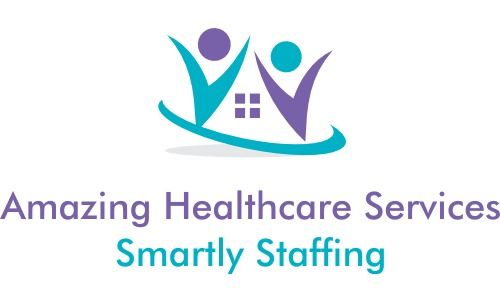A Social Prescriber in the NHS helps patients improve their health and well-being by connecting them with non-medical support in their community. Instead of focusing on medication alone, social prescribers address social, emotional, and practical needs that affect a person's health.
Key Responsibilities of a Social Prescriber
🔹 Personalized Support & Well-being Plans – They meet with patients to understand their lifestyle, challenges, and goals, then create a tailored action plan to improve their well-being.
🔹 Connecting Patients to Community Services – They link patients with local resources, such as:
Mental health support (counseling, therapy groups)
Social activities (sports, art, music, gardening)
Employment and volunteering opportunities
Financial or housing advice services
Support for loneliness and isolation
🔹 Working with GPs & Healthcare Teams – Social prescribers collaborate with doctors, nurses, and mental health professionals to provide holistic care.
🔹 Encouraging Self-Care & Independence – They help people take control of their own health, offering guidance on stress management, healthy living, and social engagement.

